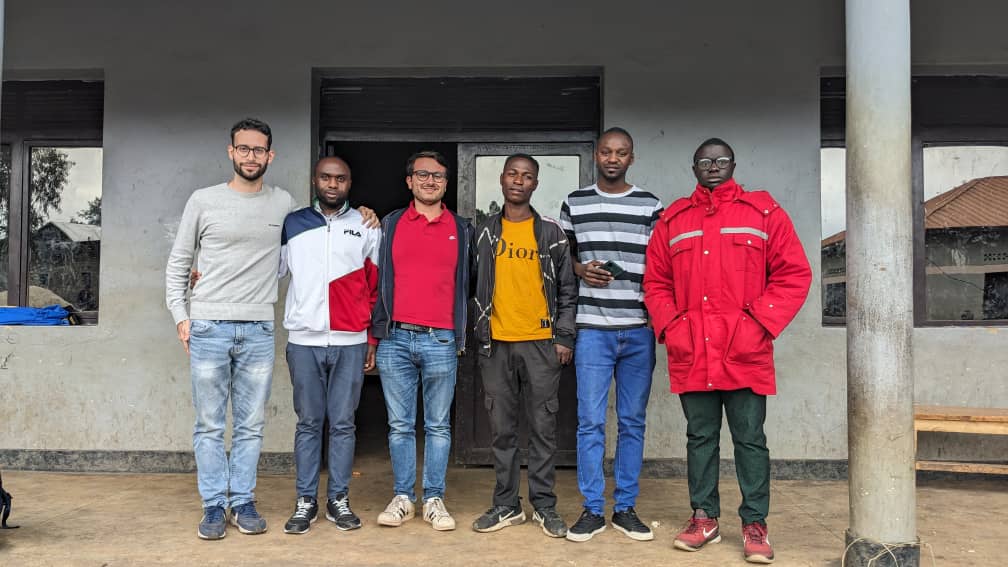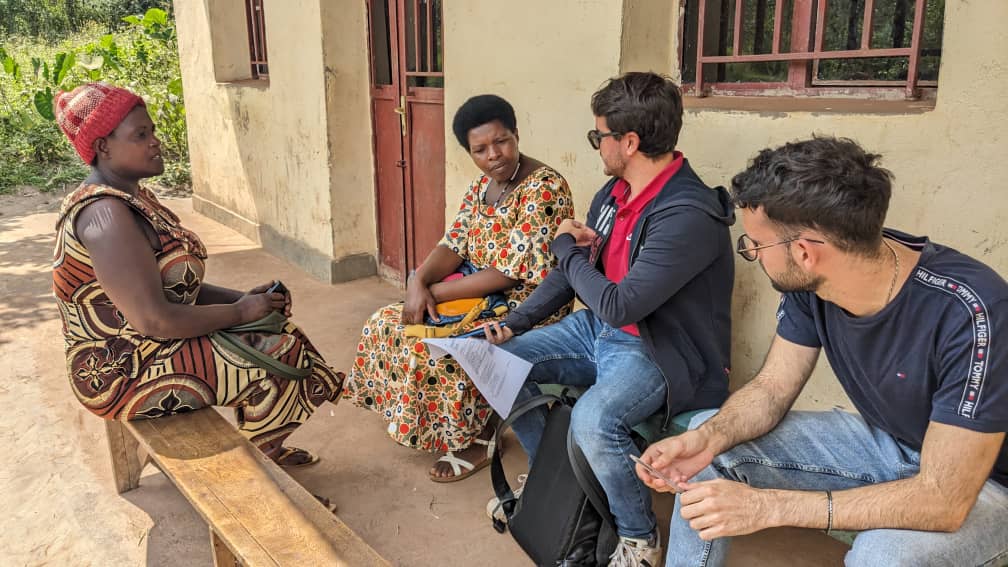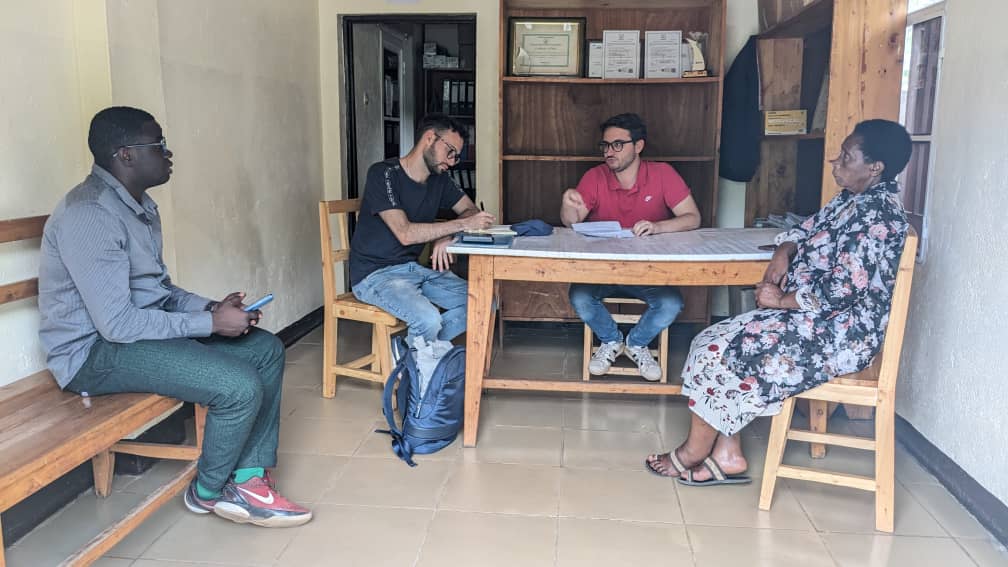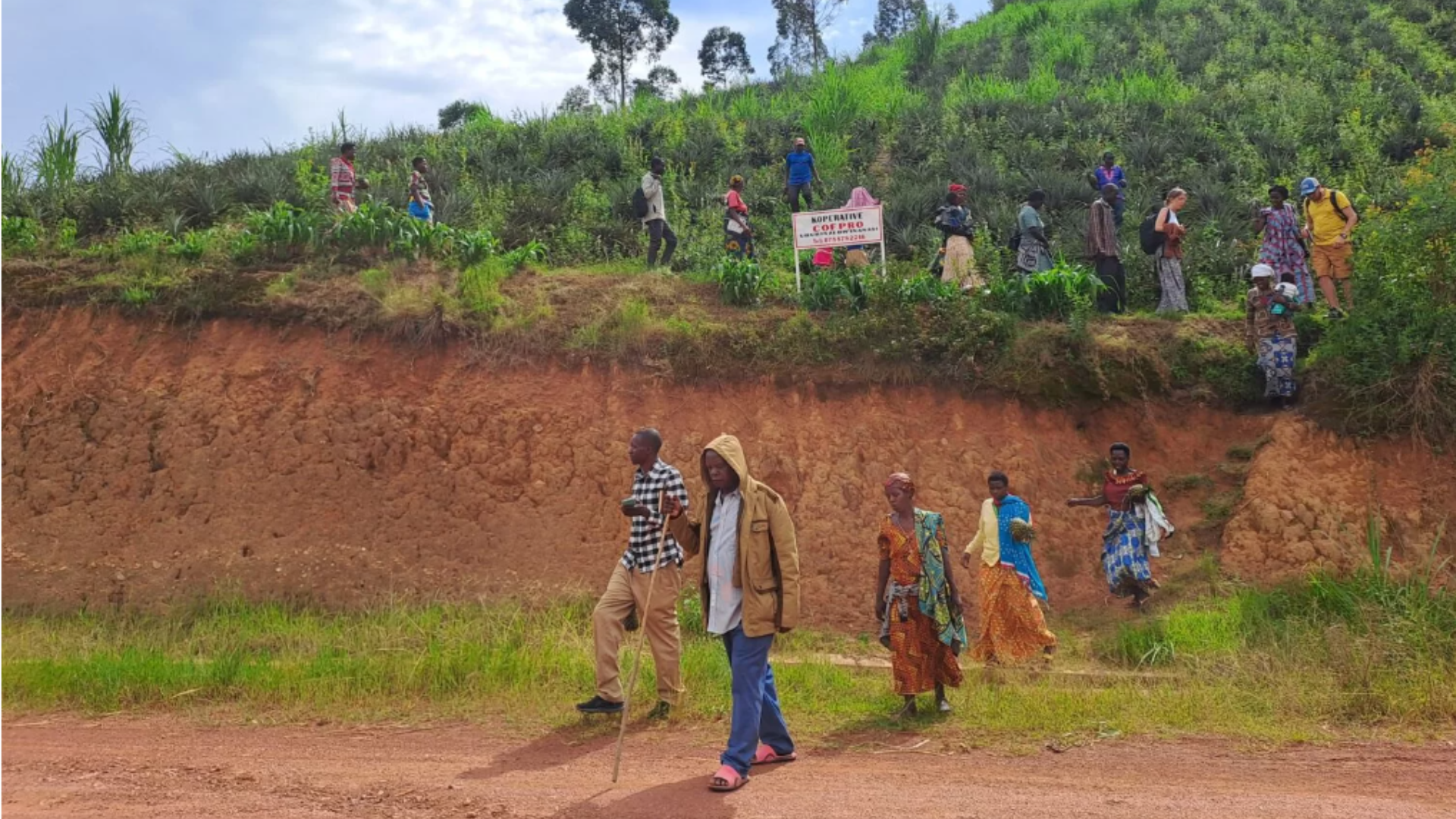
My name is Fabio Covili and I am a student from the Master in “Management for business” at the Università Cattolica del Sacro Cuore of Milan. As I write, I’m about to conclude my internship experience at the E4Impact Country Office in Rwanda.
I’m sure that, for those reading, Rwanda is not exactly one of the favorite destinations for an Internship. It is a small country in the center of the continent that we Europeans perhaps struggle the most to understand: Africa. Certainly, I could have chosen an easier or more conventional way to do my internship but when, more than a year ago, I had the pleasure of attending the course in “Corporate strategy” with professor Mario Molteni and, during the lessons, we were offered the opportunity to go to Africa to complete the curricular internship, I couldn’t resist and I took it.

Besides, two friends of mine have been fundamental on the choice to embark on this adventure: Alberto, who had already worked for E4Impact in Kenya, and Matteo, my travel companion during these months of the internship, which took place between March and June 2024. The dialogue with both of them allowed me to perceive this opportunity as a unique chance for growth.

During my internship, I worked with the Country Manager, Hausa Lightbourne, and assisted the research team of E4Impact within the FOSTERING project, aimed at supporting the development of climate-resilient agricultural practices and promoting the growth of sustainable agriculture to meet the needs of local markets in Rwanda. In particular, within the framework of FOSTERING, I had the chance to contribute to a market research and to the drafting of the related report.
Having a close look on how E4Impact works with the cooperatives involved in the project has been a great source of inspiration for me: instead of proposing farmers standard solutions imposed from afar, the Foundation’s team gets directly involved in the activities, rolling up their sleeves to understand the needs and problems of the cooperatives. After that, they proceed to engage with other stakeholders (businesses, NGOs, authorities) linked to them, and only then they formulate possible solutions.

Obviously there have been difficulties, in a country of contrasts like Rwanda and it hasn’t been easy to understand their culturally approach, very different from the European one. Nevertheless, it remains an extremely interesting nation that has been able, after the terrible genocide that occurred 30 years ago, to rise up and that now aims to become one of the fastest growing countries in the world.
Murakoze cyane, Rwanda!
Fabio Covili
